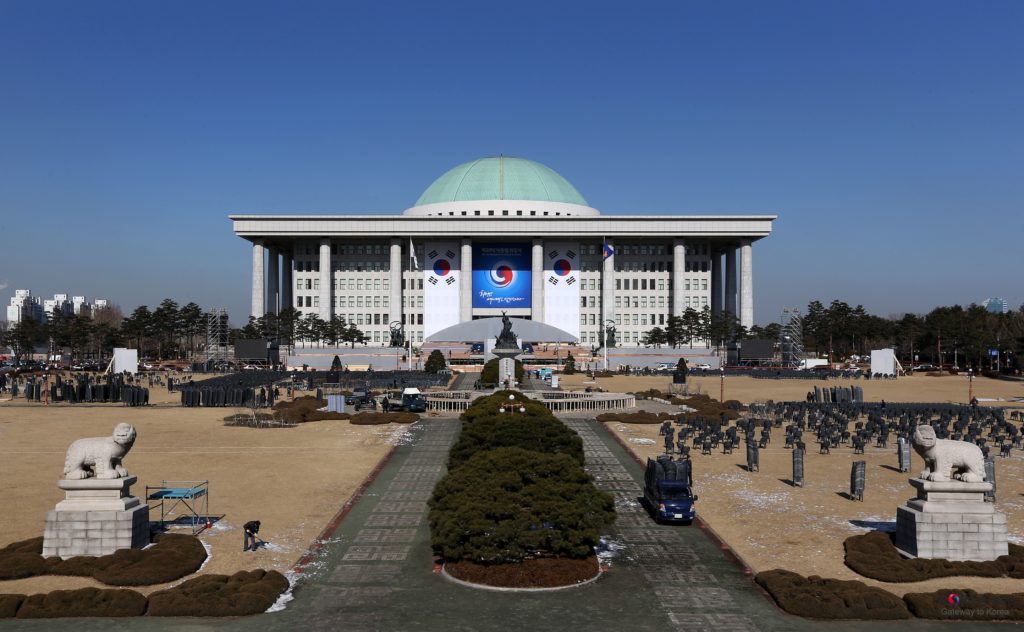The Peninsula
High Turnout Points to Policy Success

This briefing comes from Korea View, a weekly newsletter published by the Korea Economic Institute. Korea View aims to cover developments that reveal trends on the Korean Peninsula but receive little attention in the United States. If you would like to sign up, please find the online form here.
What Happened
- 66.2% voter turnout in the recent National Assembly election was the highest in 28 years.
- Voter participation has gradually increased since 2008 when turnout was at 46.1%.
- Lawmakers’ decision in December 2019 to lower the voting age from 19 to 18 increased the number of eligible voters by 530,000.
Implications: While many have attributed the heightened voter turnout to President Moon’s handling of the COVID-19 outbreak, persistent efforts to increase the pool of eligible voters deserve attention. Since 2008, lawmakers adopted successive measures to enfranchise a greater number of cohorts. As a result, suffrage was extended to overseas residents in 2012. There was also a parallel increase in demand for expanded suffrage during the past few years. Notably, protests in 2016-17 against President Park Geun-hye may have motivated younger South Koreans to demand voting rights. Polling of high school students in 2017 showed a 41.3% year-to-year increase in support for lowering the voting age from 19 to 18.
Context: As previously highlighted in the previous issue of Korea View, government support for the newly franchised voters did not keep pace with the expansion of suffrage in many areas. A proposal to increase the number of polling booths abroad was rejected by the National Assembly in 2019. Simultaneously, the government was unable to respond effectively to citizens abroad who were unable to vote in their local diplomatic missions and requested vote-by-mail. Similarly, the government’s plan to educate newly franchised 18-year voters also fell short because of schools being shuttered to contain the spread of COVID-19.
Korea View was edited by Yong Kwon with the help of Gordon Henning, Soojin Hwang, Hyungim Jang, and Ingyeong Park.
Photo from the Republic of Korea’s photostream on flickr Creative Commons.
